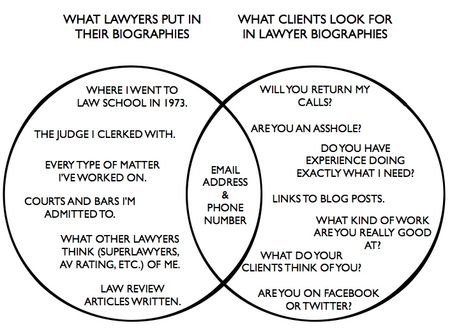
During this pandemic, many companies are reaching out to their audience with message of reassurance, information about changes in their services, and ways their audience can help during this challenging time.
My friend, Jessica Bay, walks dogs professionally as well as educates would-be professional dog walkers. She created a helpful graphic for her audience:
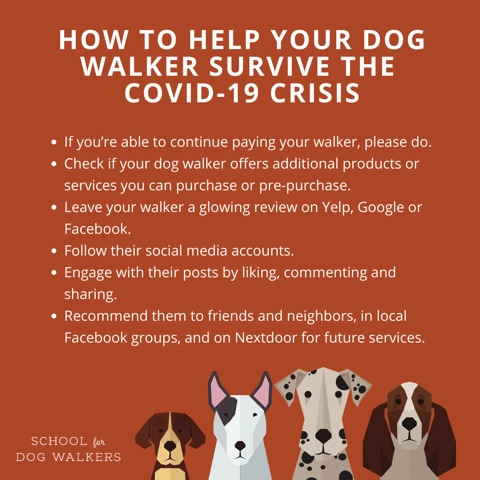
A short while later, she noticed this in her social media feed:
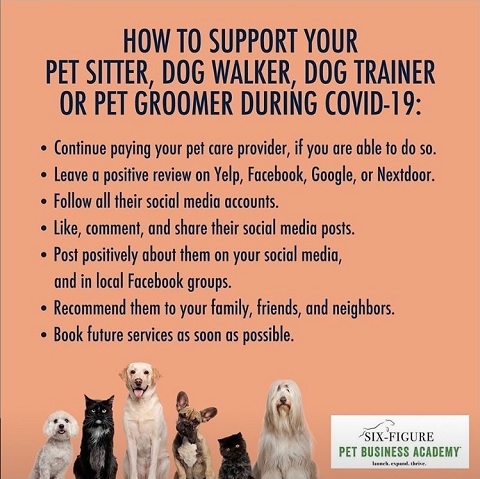
And later this one:
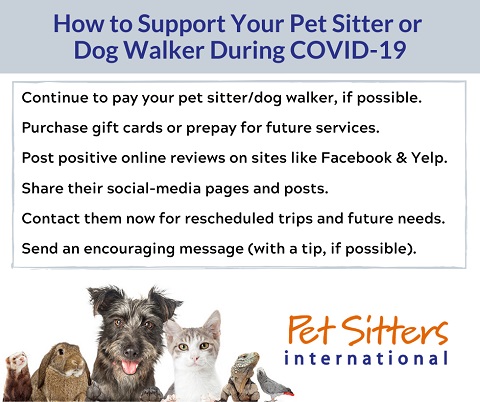
She asked me if these were instances of copyright infringement. If someone is copying word-for-word or close to it, that raises the red flag for copyright infringement. There are definite similarities. I wouldn’t be surprised if one of these graphics were inspired by another’s post.
Let’s assume that one of these graphics is a rip-off of another. It doesn’t make sense to me that someone would do that. In a niche market like dog walking and pet sitting, there’s no downside to sharing another’s graphic since the provider has to be in the physical vicinity of their clients. And for companies that educate would-be dog walkers, you should be confident enough in your work that your clients aren’t going to jump ship because of a graphic on social media.
Conversely, there are only so many ways to convey the same information, and independent creation is a defense against copyright infringement. It’s possible that each of these three companies independently came up with the idea of creating a graphic about how their audience could support the dog walking/pet care industry while under quarantine or practicing social distancing.
My Two Cents
Speaking as a lawyer and as an entrepreneur, if you see a graphic that would be helpful to your audience, share it. The best way you can add to the conversation would be to create your own content that builds on the original message, not just repeats it. (If you’re going to create content that repeats another’s message or general information, at least find an original way to do it.) If someone wanted to build on this, they could have created a graphic about the importance of maintaining normalcy in your pet’s life, which includes their walking schedule.
If you get caught copying another’s content that’s so blatant that everyone will know that one is a rip-off of the other, it’s going to have an adverse impact. Instead of coming across has helpful, you risk being seen as lacking integrity and creativity.
If You Get Caught Stealing Content
If someone calls you out for potentially stealing content, and that’s what you did, just delete what you created, and don’t do it again. Saying it’s a “good message to spread” is not a valid excuse for copyright infringement.
Ripping off a company’s graphic is on the same level as claiming another person’s poem as your own because you thought it was pretty. I think some people have a mental disconnect where they don’t think copying commercial speech is as bad as other infringing behavior. (Creating a graphic with your business logo on it, even though it is not a sales pitch, is commercial speech.)
If someone has a good message to share, and their original content is shareable, then share it. That’s the best way to share the valuable message with your audience.
Sharing Done Right
I have seen this graphic all over social media over the last few days:
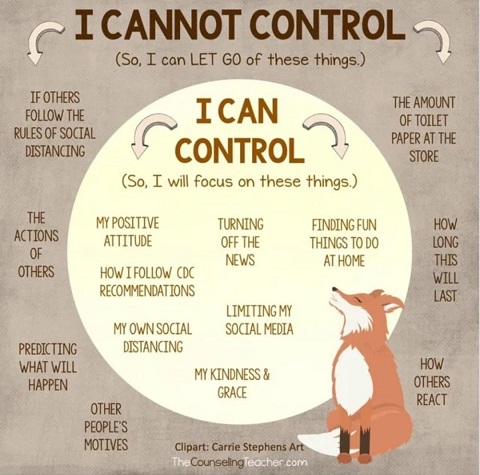
Hat tip to The Counseling Teacher for creating such a helpful graphic. This graphic has the right message at the right time. Additionally, I haven’t seen any instances where sharing this graphic had a negative impact on anyone’s business.



